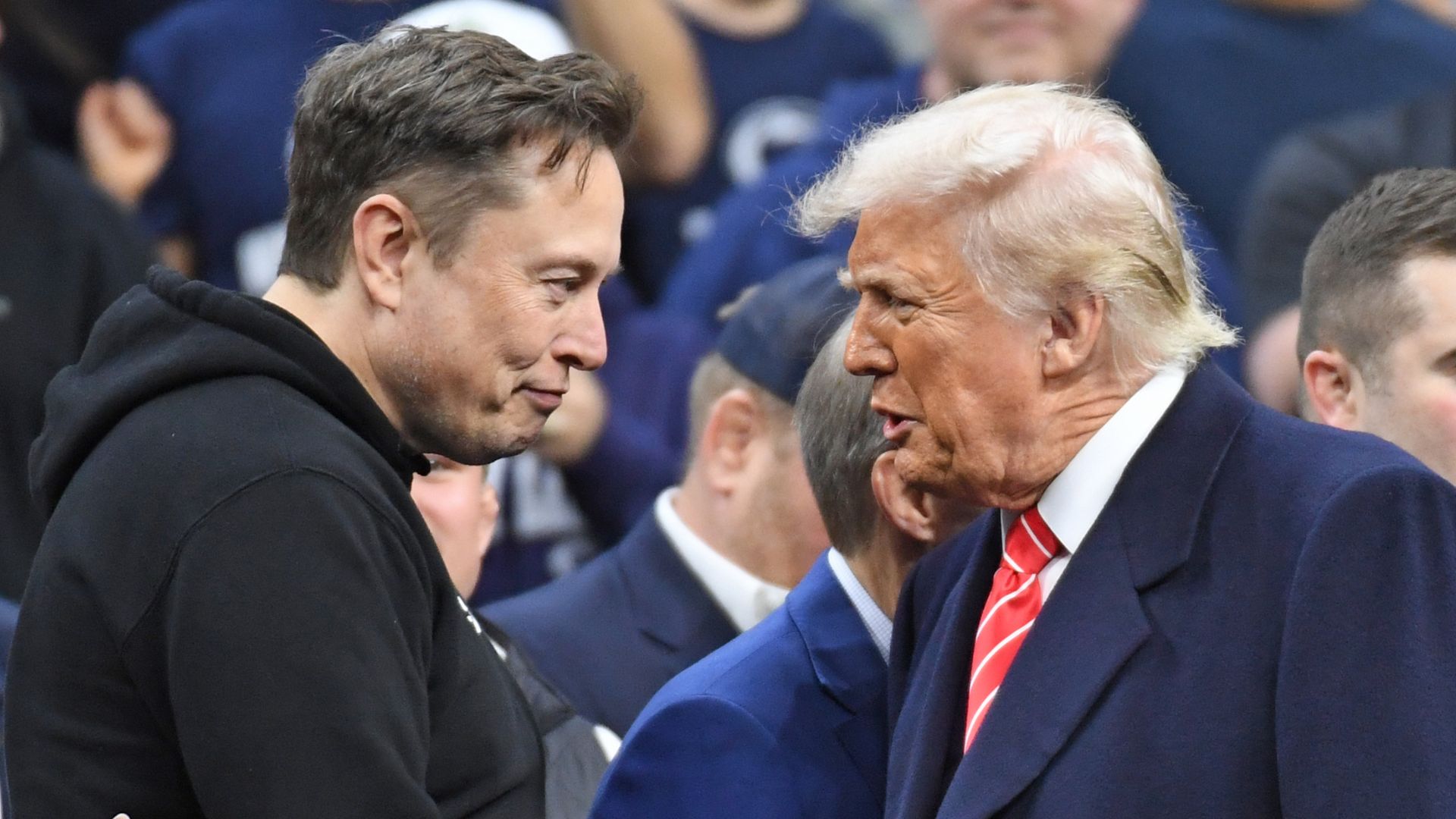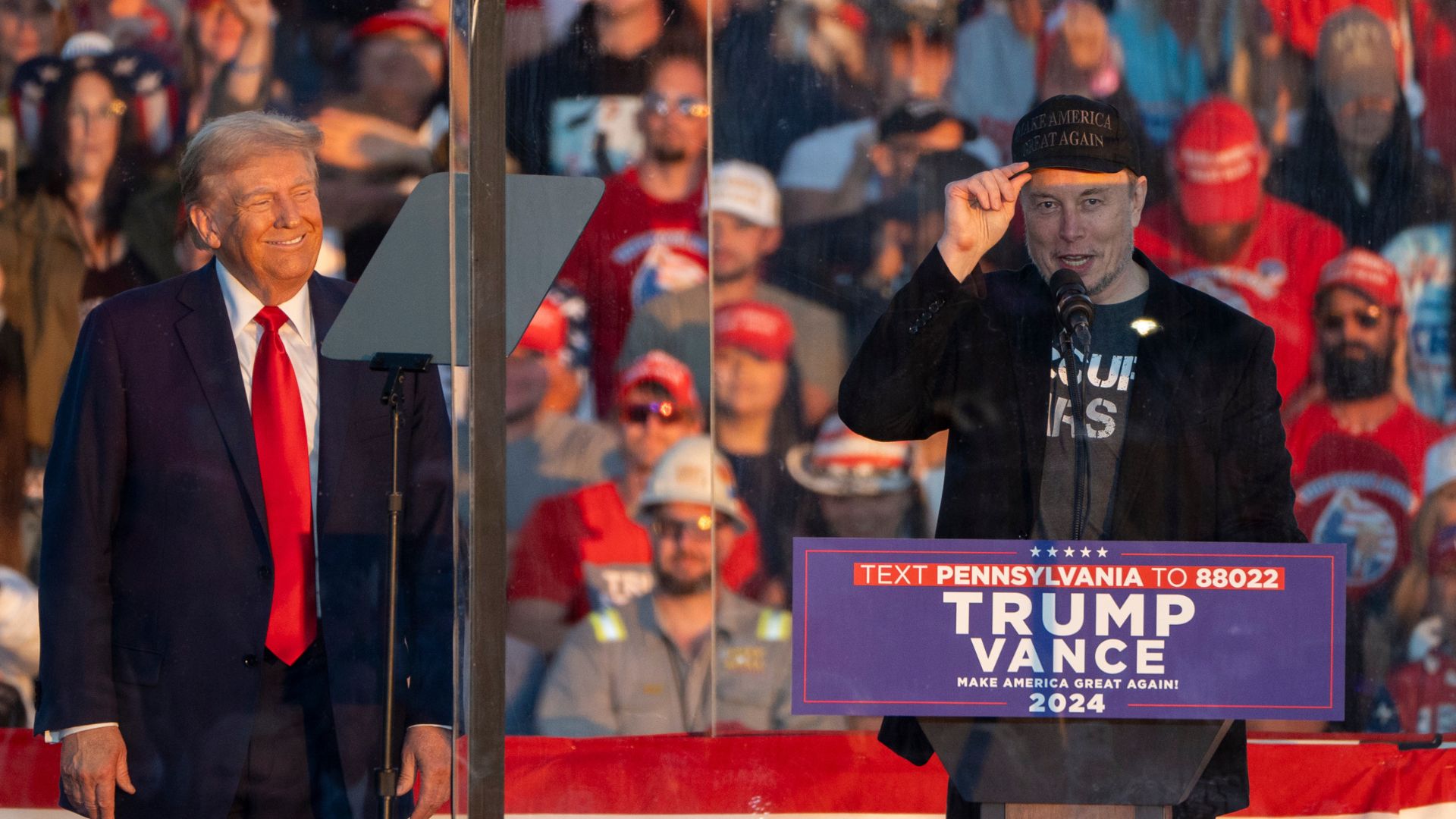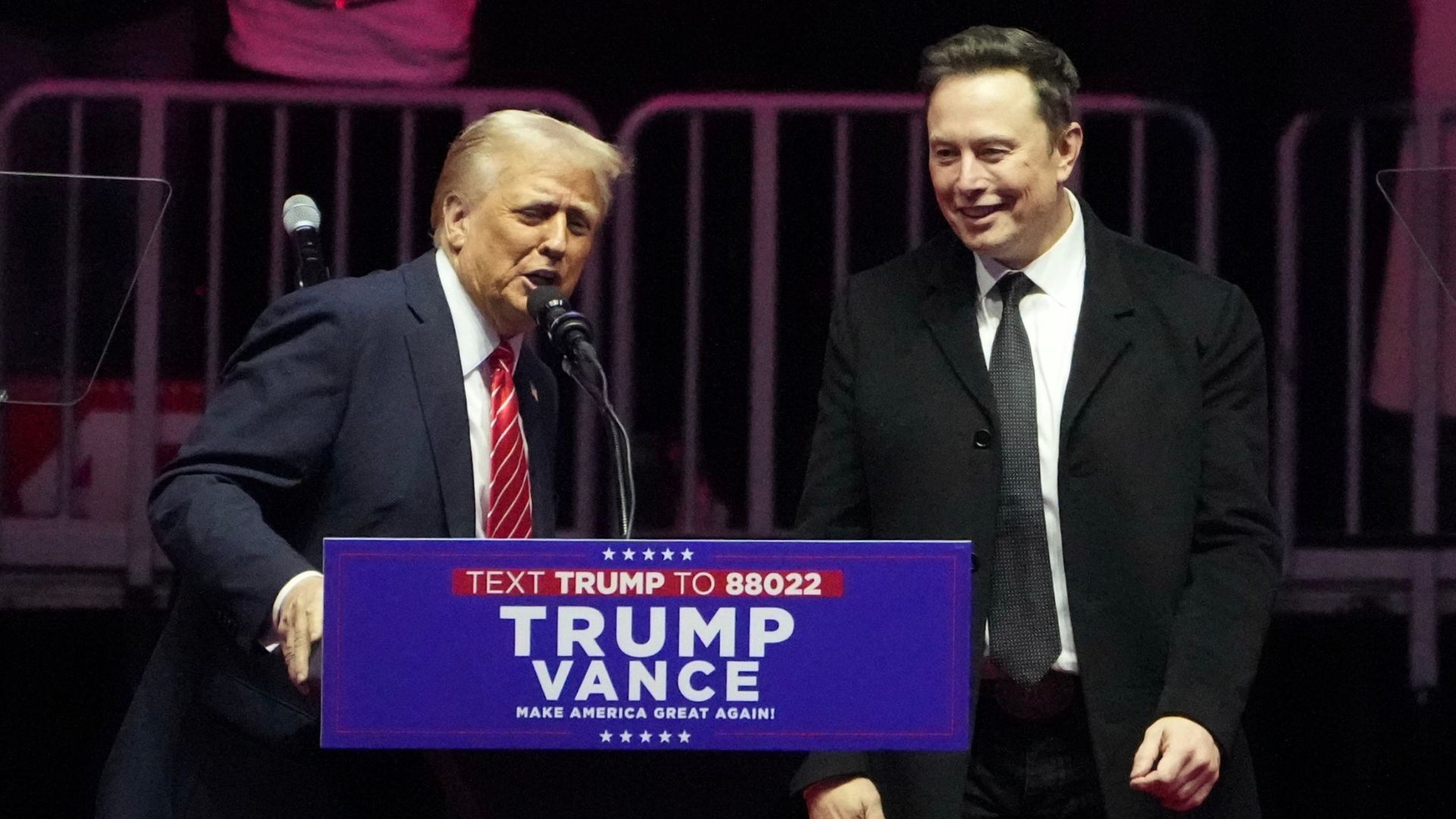The centralized office of the Department of Government Efficiency has closed, but the individual DOGE teams operating within federal agencies remain active, according to information provided [1] to Fox News Digital.
The teams continue to work launched under President Trump’s January executive order directing federal agencies to identify and eliminate waste, fraud, and abuse.

White House spokeswoman Liz Huston told Fox News Digital on Monday that “President Trump was given a clear mandate to reduce waste, fraud, and abuse across the federal government, and he continues to actively deliver on that commitment.”
Reuters previously reported that DOGE no longer existed, citing remarks made earlier in November by Office of Personnel Management Director Scott Kupor.
The outlet quoted Kupor as saying, “That doesn’t exist.” Kupor later posted on X that his comments had been taken out of context and that DOGE policies were still operating across the government.
He wrote that “the principles of DOGE remain alive and well: de-regulation; eliminating fraud, waste, and abuse; re-shaping the federal workforce; making efficiency a first-class citizen; etc.”
The White House confirmed that agency-level DOGE teams remain in operation even though the central office has been shut down.
Fox News Digital did not receivean immediate comment regarding when the closure occurred or why it happened ahead of the schedule outlined in the executive order.

President Trump established DOGE in January by renaming the United States Digital Service, which was created in 2014 within the Executive Office of the President.
Trump’s order set DOGE’s continuation through July 4, 2026, and required agency heads to form DOGE teams to locate overspending or fraud. Those teams are still operating.
Elon Musk served as the public face of DOGE for several months before his departure in May.
Musk criticized what he called an “outrageous, pork-filled Congressional spending bill,” while President Trump said the billionaire’s frustration stemmed from cuts to electric vehicle mandates.
Trump signed the bill on July 4, saying it advanced his agenda on taxes, immigration, energy, defense and the national debt.
Musk had been appointed as a special government employee, a role limited to 130 days. Court filings reported in March noted that while Musk was the most visible participant, he was not an employee of the United States DOGE Service and did not report to Acting Administrator Amy Gleason.

DOGE faced criticism from Democrats and some federal employees, leading to protests in Washington, D.C., including demonstrations focused on Musk’s involvement.
DOGE’s website reported Monday that it has saved $214 billion through asset sales, contract cancellations, renegotiations, fraud and improper payment deletion, grant cancellations, interest savings, program changes, regulatory savings and workforce reductions. The website calculates the amount as $1,329.19 per taxpayer.
President Trump frequently promoted DOGE as a major initiative to reduce the size of the federal government and curb waste.
On the campaign trail, Musk publicly argued that excessive regulation slowed private-sector innovation, citing SpaceX and Tesla as examples.
Musk said during one appearance that the National Marine Fisheries Service had required SpaceX to study whether a Starship rocket landing could hit a whale or shark.
After Trump’s election win in November 2024, he announced that Musk would lead DOGE with Vivek Ramaswamy. Ramaswamy later left to run for governor of Ohio.
Trump described DOGE as “The Manhattan Project of our time,” aimed at structural reform and an entrepreneurial approach to government.

In his March address to Congress, President Trump cited examples uncovered by DOGE investigations, including programs involving free housing and cars for illegal immigrants costing $22 billion, “male circumcision in Mozambique,” “$20 million for the Arab ‘Sesame Street’ in the Middle East,” “forty-five million dollars for diversity, equity and inclusion scholarships in Burma,” “forty million to improve the social and economic inclusion of sedentary migrants,” “eight million to promote LGBTQI+ in the African nation of Lesotho,” “sixty million dollars for indigenous peoples and Afro-Colombian empowerment in Central America,” and “eight million for making mice transgender.”